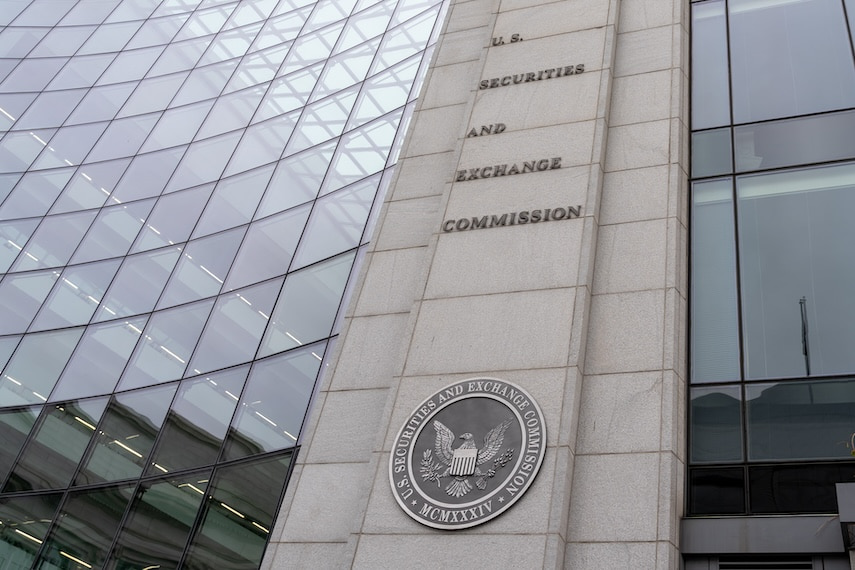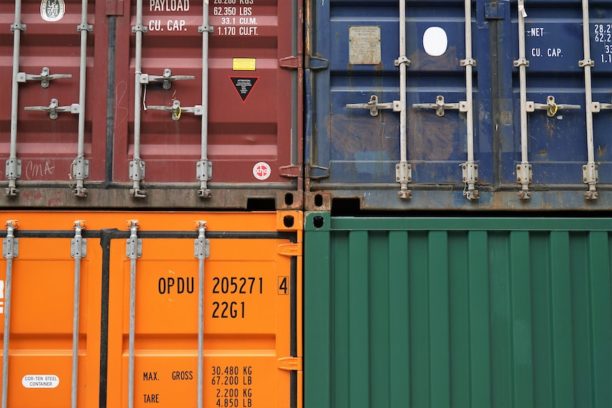Over on TheCorporateCounsel.net, John blogged about how the SEC can get involved in supply chain/country of origin claims by companies to avoid tariffs and Risk Factor disclosures in corporate 10-Ks:
In a “D&O Diary” blog, Kevin LaCroix expands the discussion to address legal and compliance risks that companies face when doing business during a trade war. This excerpt discusses some of tariff-related compliance issues that companies may face:
In addition to the potential impact from the tariffs on corporate business results, companies also face increased tariff-related enforcement and regulatory risks. For example, a May 12, 2025, memo stating the U.S. Department of Justice’s policies on white collar crime identified as a key threat to U.S. national security from “trade and customs fraudsters, including those who commit tariff evasion,” who may seek “to circumvent the rules and regulations that protect American consumers and undermine the Administration’s efforts to create jobs and increase investment in the United States.”
In addition, as the memo’s authors note, the SEC will likely “continue to investigate companies that misrepresent identities of suppliers and customers to avoid the impact of sanctions and tariffs, falsely improve their profit margins by not recording costs associated with sanctions and tariffs, intentionally conceal disappointing financial performance in key parts of their business, or otherwise engage in accounting fraud to mislead investors.”
Kevin points out that in 2019, the SEC brought enforcement proceedings against a public company based on alleged misrepresentations concerning the country of origin of goods or materials. He also references the possibility of liability under the False Claims Act for tariff-related violations, which is a topic we’ve also blogged about.
While it’s important to keep these ongoing risks in mind when updating risk factor disclosure, it’s even more important to ensure that the potential for tariff-related misconduct is appropriately addressed in corporate compliance programs.
The US position on tariffs is difficult for business, but creates quite an opportunity for anyone in the business of supply chain due diligence. If companies previously had a lot riding on supply chain due diligence results, the stakes today are off the charts.
And yet, we may have a problem – possibly a big one, that goes back years if not decades…
Social and quality audits of suppliers, along with industry initiatives for traceability – frequently a pre-qualification step necessary before new suppliers/vendors are accepted – providing evidence of supplier locations and what happens at those locations, possibly uncovering situations of “country-washing” – may create information that conflicts with country of origin claims for tariff purposes. Where the SEC pursues tariff investigations/enforcement, Staff may drill into supplier social audits and sustainability certification programs.
Members can read more about supplier due diligence here.
DID YOU KNOW … we are much more than just blogs. PracticalESG provides tools and guidance for in house staff and outside advisors – from beginners to senior practitioners. We scour third party resources, vetting and filtering them – saving you hours of your day. And we don’t use AI to produce any content or have annoying ads.
If you’re not already a member, sign up now and take advantage of our no-risk “100-Day Promise” – during the first 100 days as an activated member, you may cancel for any reason and receive a full refund. But it will probably pay for itself before then.
Are you a client of one of our Partners? Contact them for exclusive pricing packages for PracticalESG. Practical Guidance for Companies, Curated for Clarity.
If you aren’t already subscribed to our complimentary ESG blog, sign up here for daily updates delivered right to you.
Photo credit: JHVEPhoto – stock.adobe.com










